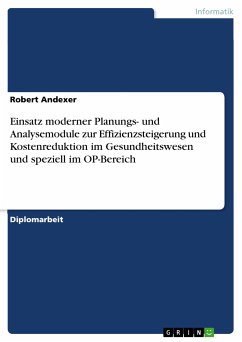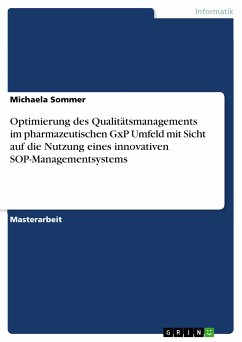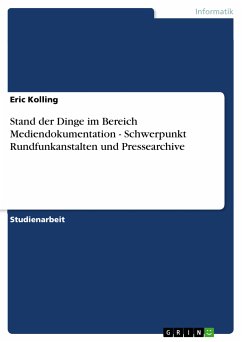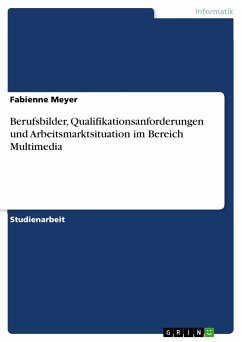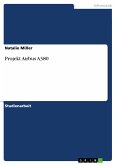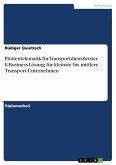Diplomarbeit aus dem Jahr 2004 im Fachbereich BWL - Informationswissenschaften, Informationsmanagement, Note: 1,0, FH OÖ Standort Steyr (PMT, Produktion und Managementtechnik), Sprache: Deutsch, Abstract: The Austrian public health system faces financial troubles for over 20 years. Concerning the quality and the technological standard of the system, it can be considered as one of the best worldwide. This though, and other complex developments, lead to an immense cost pressure situation. The mentioned crisis can especially be observed in the area of public hospitals, where internal processes and organisation are historical old styled and due to that quite inefficient. Simulation technology has become a powerful tool in the beginning of the 21st century and can lead to enormous improvement of system performance within the health care industry. Successful international simulation projects in this area verify that statement. The purpose of this thesis is to outline the possibilities of simulation and scheduling tools by developing a simulation model prototype of a fictitious surgery department, as a very cost intensive part of the hospital, and show how these instruments can lead to increase in efficiency, cost reduction and support system optimisation. Starting with a theoretical overview about the health care system and particularly about hospitals, this thesis investigates the reasons for the financial crisis and discusses the essential needs of modern planning and analysing modules for the national medical system before examining those tools on the basis of current literature. As the core of this thesis, the technical development and analysis of the surgery department simulation prototype is described. The model was realised with the international well known ‘ARENA’ simulation software. The study does not represent a real existing system, is based though on real data, collected in an Austrian clinic. First modelling and later testing the model, it can be shown how simulation and scheduling technologies are able to examine the behaviour of systems and to find ways of improving efficiency by running simulation experiments. The experiments executed on the prototype investigate the patient throughput and the operation room capacity usage on a weekly basis. The simulation study highlights the possible benefits of modern planning and analysing modules for the Austrian public health system. It should overcome inhibitions toward the practical use of these powerful technologies which can certainly support efforts to find a way out of the critical situation in our medical system.

